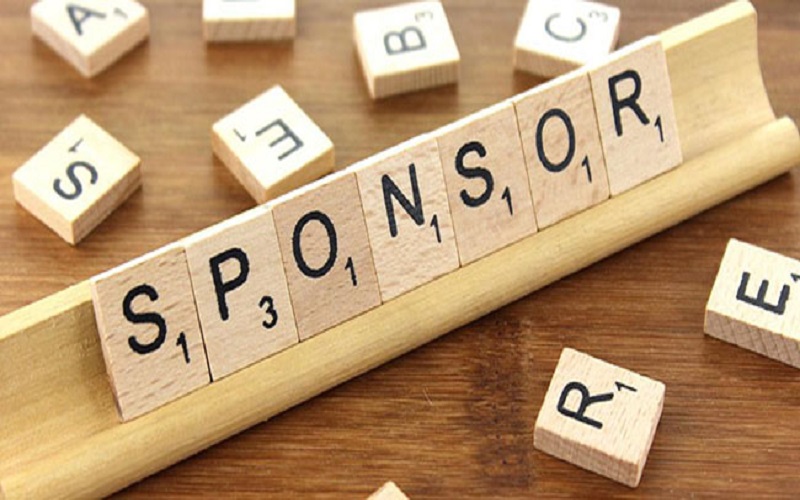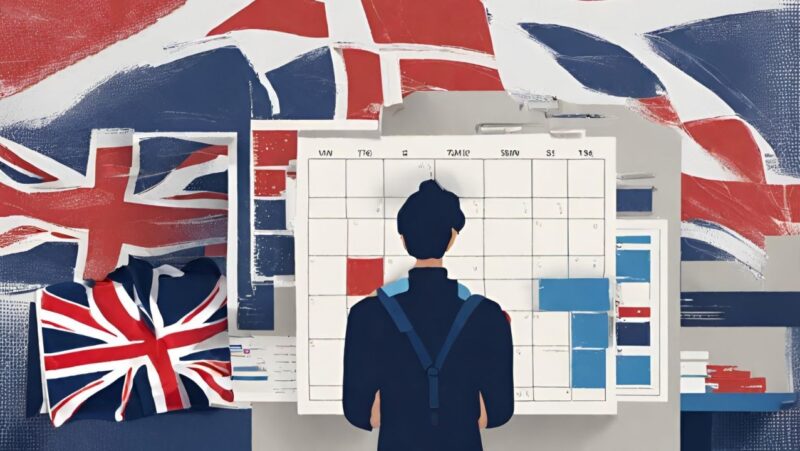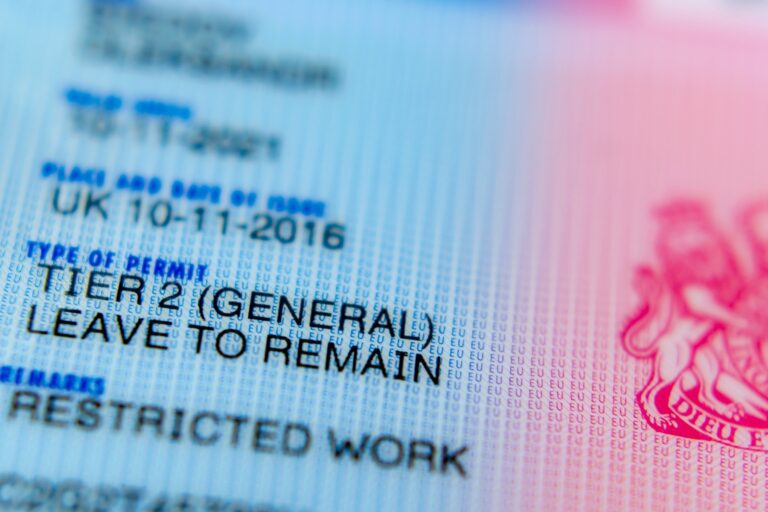A UK Sponsorship License is a crucial permit for employers who wish to hire non-UK residents. This license allows businesses to sponsor skilled workers from outside the European Economic Area (EEA) and Switzerland.
Obtaining this license is the first step in a process that enables companies to legally employ foreign nationals. It’s vital for employers to understand the criteria, responsibilities, and the length of time for which this license is valid to ensure compliance with UK immigration laws.
The Initial Validity Period of a UK Sponsorship License
When granted, a UK Sponsorship License is typically valid for four years. This initial period is a critical time for employers to demonstrate their ability to meet the responsibilities of a sponsor. During this period, the UK Visas and Immigration (UKVI) department monitors the sponsor’s adherence to the guidelines. This phase is not just about employing non-UK workers; it’s also about proving to UKVI that the company is reliable and capable of maintaining the terms of the sponsorship.
Factors Affecting the Duration of Your Sponsorship License
The duration of your UK Sponsorship License can be influenced by several factors. Key among these are compliance with immigration laws and the Home Office’s requirements. Compliance involves accurate record-keeping, adhering to employment laws, and ensuring the legitimacy of the roles offered to non-UK employees.
Failing to meet these standards can result in penalties, including the shortening or revocation of the license. To avoid this you should cooperate with professionals such as https://imperiallegal.com/media/articles/sponsorship-licence-in-the-uk-how-to-obtain-and-what-is-it-for/.
Renewing Your UK Sponsorship License

To continue employing non-UK workers after the initial four-year period, sponsors must apply for a renewal. This process involves a thorough review of the sponsor’s performance and adherence to the guidelines set by the UKVI.
The renewal application should be submitted before the current license expires. Successful renewal typically grants another four years of sponsorship. Employers must begin the renewal process early, ideally several months before the expiry, to allow sufficient time for the comprehensive assessment by the UKVI. Incomplete or late applications can result in unnecessary delays or even the denial of the renewal.
Continuous Compliance Requirements
Maintaining a UK Sponsorship License requires continuous compliance with UKVI guidelines. This means regularly updating any changes in your company details, reporting significant changes in sponsored employees’ statuses, and adhering to UK employment laws.
Continuous compliance is crucial for the integrity of your sponsorship and for the possibility of renewal after the initial period. Employers must also ensure that they are up to date with any changes in the immigration policy that might affect their sponsored employees. Frequent training for staff involved in sponsorship management is advisable to remain compliant.
Navigating the Process of Extending Your License

Extending a UK Sponsorship License involves more than just filling out a renewal form. It requires a deep understanding of the immigration rules and an ability to demonstrate continuous compliance. Employers should prepare for the renewal process well in advance.
This includes ensuring that all records are up to date and that they continue to meet all the necessary criteria for sponsorship. It is beneficial to consult with immigration experts or legal advisors during this process to ensure all aspects of the sponsorship management system are compliant and efficient, minimizing the risk of refusal.
Potential Pitfalls and Challenges
Employers face several challenges in maintaining their sponsorship license. These include navigating complex immigration laws, ensuring continuous compliance, and staying updated with frequent law changes. Missteps can lead to severe consequences, such as fines or loss of the license.
Therefore, understanding potential pitfalls and how to avoid them is crucial for employers. Regularly reviewing internal processes and seeking professional advice can be effective strategies to avoid these pitfalls. Additionally, ensuring transparency and open communication with the UKVI can help in addressing issues proactively.
Impact of Employee Turnover on Your License

High employee turnover, especially among sponsored employees, can attract scrutiny from UKVI. It can raise questions about the legitimacy of the roles offered and the company’s stability. To mitigate this risk, employers need to ensure they are offering genuine employment opportunities and that their human resources policies align with sponsorship requirements.
Companies should also focus on retention strategies and employee engagement to minimize turnover. Regularly reviewing the reasons for employee departures, especially for sponsored employees, and addressing any underlying issues is essential for maintaining a stable workforce.
The Importance of Proper Record-Keeping
Accurate and up-to-date record-keeping is vital for maintaining a UK Sponsorship License. Employers must keep detailed records of their sponsored employees, including personal information, right-to-work documents, and employment details. These records must be readily available for inspection by UKVI.
Failure to maintain proper records can lead to compliance issues. This record-keeping extends beyond just employee documents; it also includes records of all the recruitment processes, including job adverts and interview notes, to demonstrate that the roles are genuine and comply with the Resident Labour Market Test, where applicable.
Maintaining a Good Sponsorship License Track Record
A good track record is essential for the renewal of the sponsorship license. This involves more than just adhering to the rules; it’s about proactively engaging with the responsibilities of being a sponsor. Employers should conduct regular internal audits and be prepared for UKVI inspections.
A positive track record increases the chances of a hassle-free renewal. Engaging in best practices, like regular training for all employees involved in the sponsorship process and seeking feedback from sponsored employees, can contribute to maintaining a good track record and fostering a culture of compliance.
Planning for the Future: Long-Term Sponsorship Strategies

Forward-thinking employers should develop long-term strategies for their sponsorship licenses. This includes understanding future workforce needs, staying informed about changes in immigration laws, and building a strong compliance culture. Long-term planning helps ensure the sustainability of the sponsorship program and reduces the risks associated with non-compliance.
Such strategies may include developing a more robust internal compliance team, investing in technology to streamline record-keeping, and establishing partnerships with legal experts to keep abreast of the changing immigration landscape. This proactive approach ensures continued success in the sponsorship program.
Conclusion: Maximizing the Lifespan of Your UK Sponsorship License
In conclusion, a UK Sponsorship License is a valuable asset for employers, but it comes with significant responsibilities. Understanding and adhering to UKVI guidelines, maintaining a good compliance record, and planning for the future is key to maximizing the lifespan of your sponsorship license.
Employers who invest time and resources in these areas will find themselves well-equipped to navigate the complexities of UK immigration laws and maintain a robust and legal workforce.







